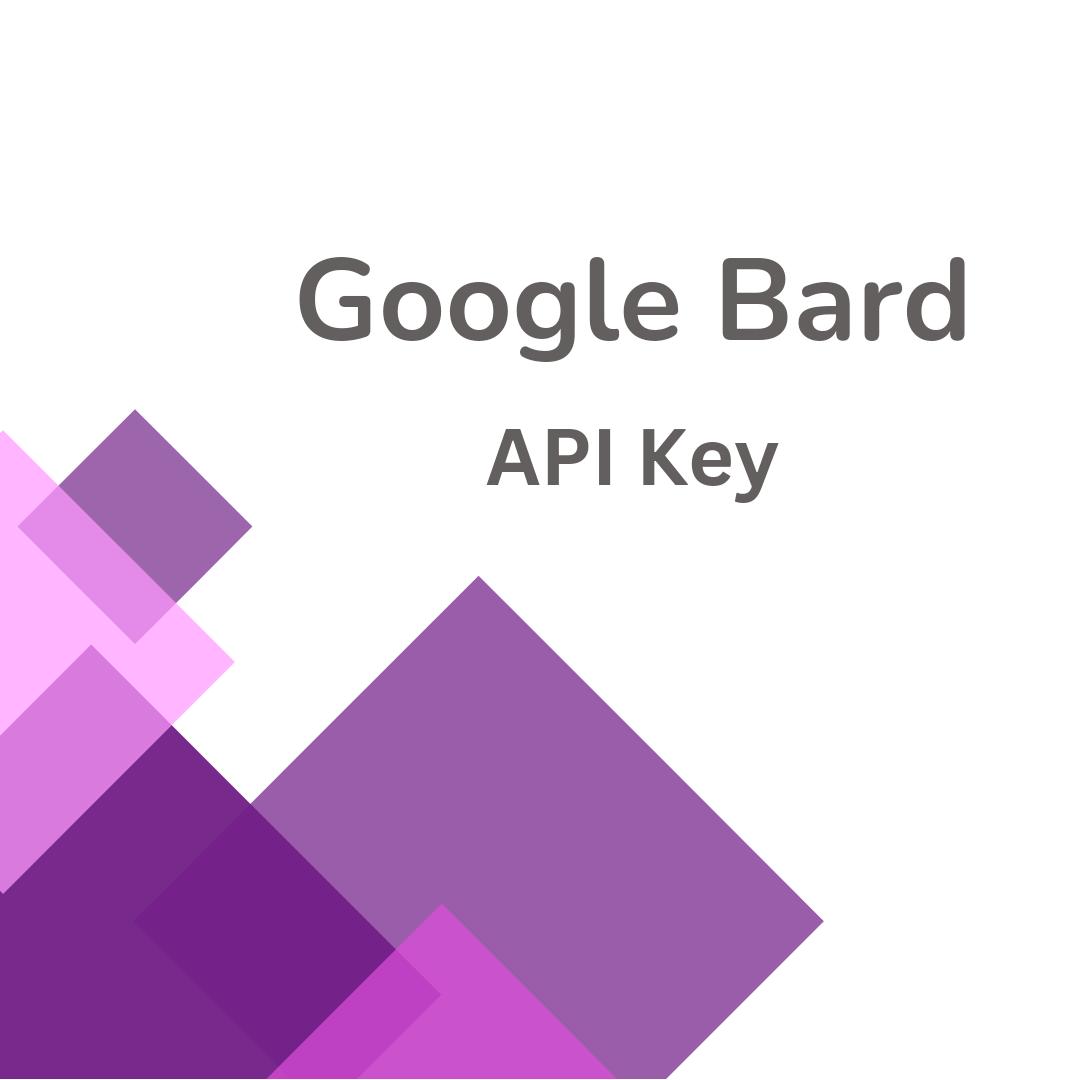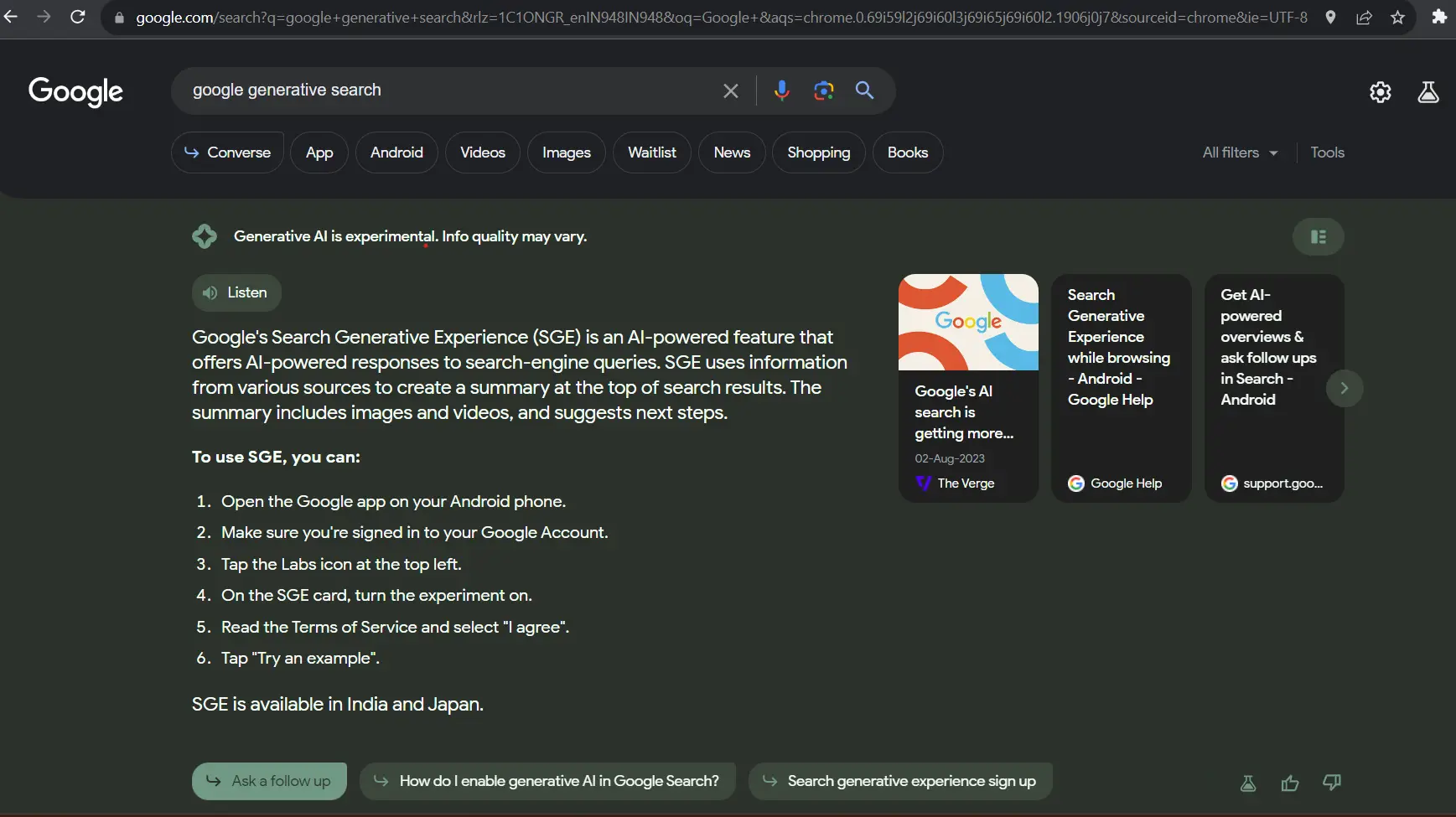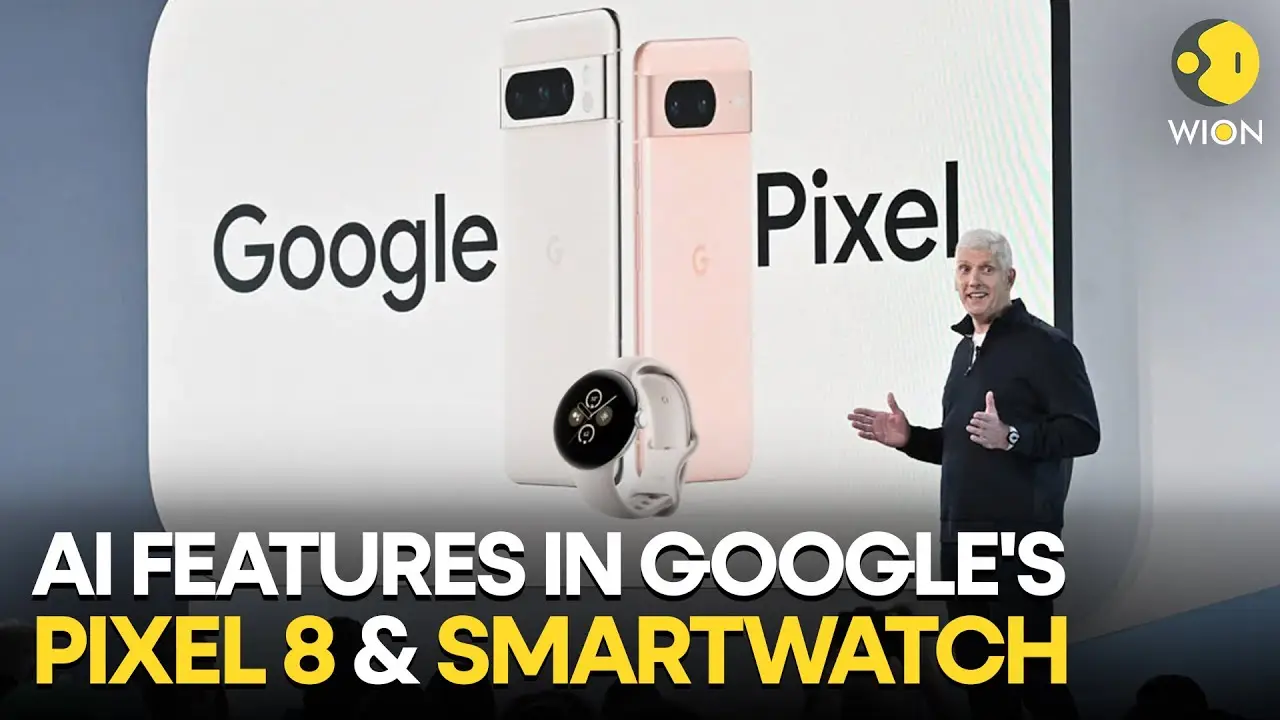One of the most ambitious and exciting projects that Google is working on is Gemini, short for Generalized Multimodal Intelligence Network. Gemini is Google’s next-generation foundation model, which aims to surpass the current state-of-the-art AI models in terms of performance, versatility, and scalability. In this article, we will explain what Gemini is, how it works, and what it can do.
What is Gemini?
Gemini is a multimodal intelligence network, which means that it can process and understand multiple types of data and tasks simultaneously. Unlike traditional AI models that are designed to handle one type of data, such as text, images, audio, or video, Gemini can handle all of them at the same time. This allows Gemini to perform more complex and diverse tasks that require cross-modal reasoning and generation.
For example, Gemini can answer questions based on text and images, generate captions for videos, create music based on lyrics, or synthesize speech from text. Gemini can also learn from multiple sources of data and knowledge, such as web pages, books, videos, podcasts, or databases. This enables Gemini to acquire a broader and deeper understanding of the world and various domains.
How does Gemini work?
Gemini is built on top of PaLM 2 , Google’s current large language model that powers features like Bard , Google’s chatbot that can converse on any topic. PaLM 2 is a neural network that consists of billions of parameters that can learn from large amounts of text data. PaLM 2 can generate natural language texts based on a given prompt or context.
Gemini extends PaLM 2 by adding multimodal capabilities. Gemini uses a unified architecture that can encode and decode different types of data using the same network. Gemini also uses attention mechanisms that allow the network to focus on the most relevant parts of the input data and generate coherent outputs. Gemini also uses transformers , a type of neural network that can process sequential data efficiently and effectively.
Gemini is trained on a massive amount of multimodal data collected from various sources. Google uses its own infrastructure and resources to train Gemini on specialized hardware such as TPUs , which are custom chips designed for machine learning. Google also applies rigorous testing and evaluation methods to ensure that Gemini meets high standards of quality and safety.
What can Gemini do?
- Generative AI: Gemini can create new content based on existing data or user inputs. For example, Gemini can generate text and images within apps like Google Docs and Sheets , helping users to add depth to their ideas and provide more well-rounded spreadsheets. Gemini can also generate music based on lyrics , create captions for videos , or synthesize speech from text .
- Search: Gemini can enhance Google’s core product by providing more relevant and personalized results based on multimodal inputs. For example, Gemini can answer questions based on text and images , such as “What is the name of this flower?” or “Who is the author of this book?”. Gemini can also provide more interactive and conversational search experiences , such as “Show me pictures of cats that look like this” or “Play me songs by this artist”.
- Assistant: Gemini can empower Google’s virtual assistant by enabling more natural and engaging interactions with users across different devices and platforms. For example, Gemini can understand user commands based on voice and gestures , such as “Turn off the lights” or “Take a selfie”. Gemini can also provide more helpful and personalized suggestions based on user preferences and context , such as “You might like this podcast” or “Here are some recipes for dinner”.
- Education: Gemini can support learning and teaching by providing more accessible and adaptive content and tools. For example, Gemini can translate texts and speech between different languages , such as “Translate this article into Hindi” or “Say hello in French”. Gemini can also provide feedback and guidance based on user performance and goals , such as “You made a mistake here” or “You are doing great”.
- Healthcare: Gemini can assist healthcare professionals and patients by providing more accurate and timely information and diagnosis. For example, Gemini can analyze medical images and records to detect diseases or anomalies , such as “This X-ray shows a fracture” or “This ECG indicates a heart attack”. Gemini can also provide recommendations and advice based on medical knowledge and best practices , such as “You should take this medication” or “You should see a doctor”.
Why is Gemini important?
Gemini is important because it represents a significant advancement in the field of artificial intelligence. Gemini is one of the most powerful and versatile AI models ever created, and it has the potential to transform various industries and domains. Gemini can also enable new possibilities and opportunities for users and developers, as well as address some of the challenges and limitations of existing AI models.
Some of the benefits of Gemini are:
- Performance: Gemini can achieve higher levels of accuracy and quality than current AI models, as it can leverage more data and knowledge from different sources and modalities. Gemini can also perform faster and more efficiently than current AI models, as it can use the same network for different tasks and data types.
- Versatility: Gemini can handle a wide range of tasks and scenarios that require multimodal intelligence, such as answering questions, generating content, providing suggestions, or making decisions. Gemini can also adapt to different domains and contexts, such as education, healthcare, entertainment, or business.
- Scalability: Gemini can scale up or down depending on the needs and resources of the users and developers. Gemini can be available in different sizes and capabilities, from small models that can run on mobile devices to large models that can run on cloud servers. Gemini can also be customized and fine-tuned for specific purposes or applications.
What are the challenges and risks of Gemini?
Gemini is not without its challenges and risks. As with any AI model, Gemini faces technical, ethical, and social issues that need to be addressed and resolved. Some of the challenges and risks of Gemini are:
- Data: Gemini relies on large amounts of multimodal data to train and operate. However, data quality, availability, and diversity are not always guaranteed. Data can also contain biases, errors, or inconsistencies that can affect the performance and reliability of Gemini. Data privacy and security are also important concerns that need to be protected and respected.
- Ethics: Gemini can generate or manipulate content that can have positive or negative impacts on users and society. However, ethics and morality are not always clear-cut or universal. Ethics can also vary depending on the culture, context, or situation. Ethical principles and guidelines need to be established and followed to ensure that Gemini is used for good and not evil.
- Society: Gemini can influence or change the behavior, perception, or interaction of users and society. However, society is not always ready or willing to accept or adopt new technologies or innovations. Society can also face challenges or conflicts due to the disruption or displacement caused by Gemini. Social awareness and education need to be promoted and provided to ensure that Gemini is used for benefit and not harm.
How to learn more about Gemini?
Gemini is still in development mode and has not been released to the public yet. However, you can learn more about Gemini by following Google’s updates and announcements on its website , blog , or social media . You can also learn more about Gemini by reading research papers , articles , or books related to artificial intelligence, machine learning, natural language processing, computer vision, or multimodal intelligence.
You can also try some of Google’s existing AI features and tools powered by PaLM 2 , such as Bard , Google Docs , Google Sheets , Google Translate , Google Photos , Google Assistant , or Google Search . You can also experiment with some of Google’s AI projects , such as Teachable Machine , Quick Draw , AutoDraw , Art Palette , or Semantris .
We hope you enjoyed this article on Google’s Gemini AI. If you have any questions or feedback, please let us know in the comments below. Thank you for reading!









Add a Comment: